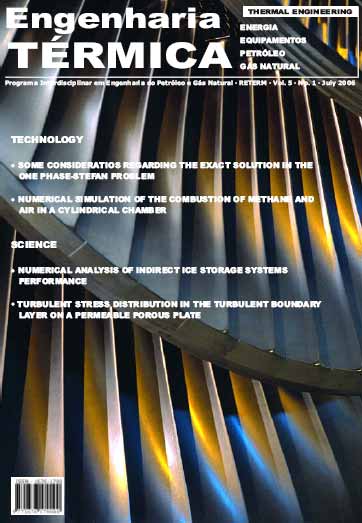MULTIVARIATE REGRESSION APPLIED TO THE PERFORMANCE OTIMIZATION OF A COUNTERCURRENT ULTRACENTRIFUGE - A PRELIMINARY STUDY
DOI:
https://doi.org/10.5380/reterm.v5i1.61672Keywords:
ultracentrifuge, uranium hexafluoride, isotopic separation, covariance matrix, least-squares methodAbstract
In this work, the least-squares methodology with covariance matrix is applied to determine a data curve fitting in order to obtain a performance function for the separative power U of an ultracentrifuge as a function of variables that are experimentally controlled. The experimental data refer to 173 experiments on the ultracentrifugation process for uranium isotope separation. The experimental uncertainties related to the independent variables measurements are considered in the calculation of the experimental separative power values, determining an experimental data input covariance matrix. The process control variables, which significantly influence the U values, are chosen in order to give information on the ultracentrifuge behaviour when submitted to several levels of feed flow F and cut . After the model goodness-of-fit validation, a residual analysis is carried out to verify the assumed basis concerning its randomness and independence and mainly the existence of residual heteroscedasticity with any regression model variable. The response curves are made relating the separative power with the control variables F and , to compare the fitted model with the experimental data and finally to calculate their optimized values.
Downloads
Published
How to Cite
Issue
Section
License
Direitos Autorais para artigos publicados nesta revista são do autor, com direitos de primeira publicação para a revista. Em virtude da aparecerem nesta revista de acesso público, os artigos são de uso gratuito, com atribuições próprias, em aplicações educacionais e não-comerciais.



